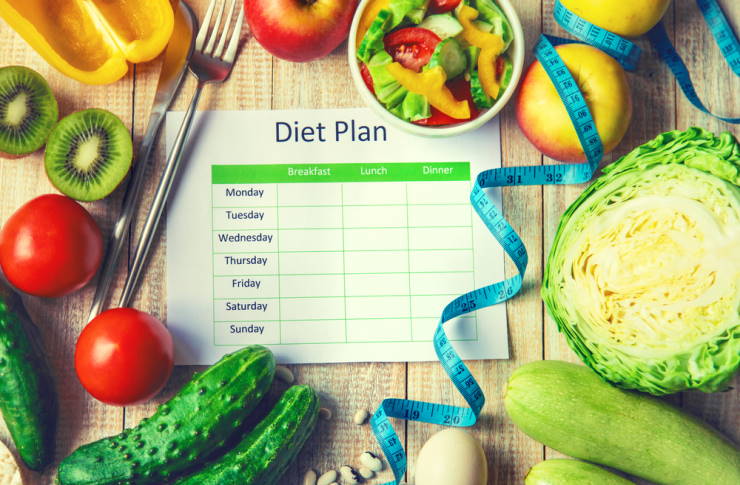The Ultimate Guide: Foods to Avoid for a Healthy Fatty Liver
Discover the essential foods you should avoid if you have a fatty liver. This comprehensive guide provides you with valuable information on how certain foods can worsen your condition and impact liver health. From sugary drinks to processed foods, find out what to eliminate from your diet to support a healthy liver. Take control of your health and make informed choices for a better lifestyle.

What is fatty liver disease and how does diet affect it?
Fatty liver disease occurs when excess fat accumulates in liver cells. This condition can be caused by various factors, including obesity, high blood sugar, and excessive alcohol consumption. Diet plays a significant role in the development and progression of fatty liver disease. Consuming certain foods can increase fat accumulation in the liver, while others can help reduce it and promote liver health.
Which sugary foods and beverages should you eliminate?
One of the primary culprits in fatty liver disease is excessive sugar consumption. Sugary foods and beverages can contribute to fat accumulation in the liver and insulin resistance. To protect your liver, avoid or significantly reduce your intake of:
-
Sodas and sweetened beverages
-
Fruit juices with added sugars
-
Candy and chocolate
-
Baked goods like cakes, cookies, and pastries
-
Sweetened cereals and granola bars
Instead, opt for water, unsweetened tea, or whole fruits for natural sweetness.
What processed and high-fat foods should be avoided?
Processed and high-fat foods are often high in calories and unhealthy fats, which can contribute to liver fat accumulation. Steer clear of:
-
Fast food and fried items
-
Processed meats like bacon, sausages, and deli meats
-
Packaged snacks such as chips and crackers
-
Margarine and shortening
-
Frozen dinners and pre-packaged meals
Focus on whole, unprocessed foods and lean proteins to support liver health.
How does alcohol impact fatty liver disease?
Alcohol consumption is a significant risk factor for fatty liver disease. Even moderate alcohol intake can contribute to fat accumulation in the liver. If you have fatty liver disease or are at risk:
-
Avoid all alcoholic beverages
-
Be cautious with “non-alcoholic” beers, which may still contain small amounts of alcohol
-
Opt for alcohol-free alternatives at social gatherings
-
Seek support if you find it challenging to cut back on alcohol consumption
Remember, no amount of alcohol is considered safe for those with fatty liver disease.
What are some surprising foods that may worsen fatty liver?
While some foods are obviously harmful, others may unexpectedly contribute to fatty liver disease. Be cautious with:
-
White bread and refined grains
-
High-fructose corn syrup, often found in unexpected products
-
Artificial sweeteners, which may affect liver function
-
Excessive salt intake, which can contribute to liver inflammation
-
Some types of vegetable oils high in omega-6 fatty acids
Always read food labels carefully and choose whole, minimally processed options whenever possible.
What foods should you include in a healthy liver diet?
While avoiding certain foods is crucial, incorporating liver-friendly options is equally important. A healthy liver diet should include:
-
Leafy green vegetables like spinach and kale
-
Fatty fish rich in omega-3 fatty acids (e.g., salmon, sardines)
-
Nuts and seeds, particularly walnuts and flaxseeds
-
Berries and other antioxidant-rich fruits
-
Olive oil as a primary source of healthy fats
-
Whole grains like quinoa and brown rice
These foods provide essential nutrients and antioxidants that support liver health and may help reduce liver fat.
In conclusion, managing fatty liver disease through diet involves both avoiding harmful foods and incorporating beneficial ones. By eliminating sugary, processed, and high-fat foods while focusing on whole, nutrient-dense options, you can significantly impact your liver health. Remember, dietary changes should be part of a comprehensive approach that includes regular exercise, weight management, and consultation with healthcare professionals. With dedication and the right dietary choices, you can take control of your liver health and work towards reversing fatty liver disease.
This article is for informational purposes only and should not be considered medical advice. Please consult a qualified healthcare professional for personalized guidance and treatment.




